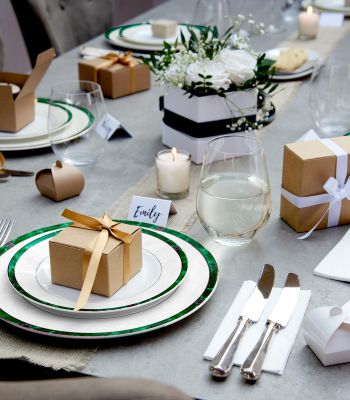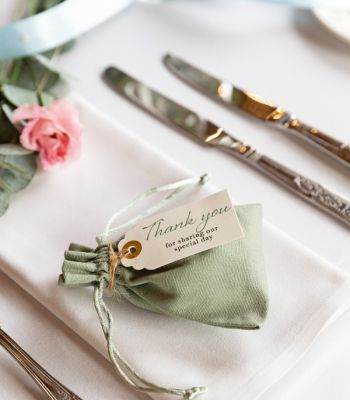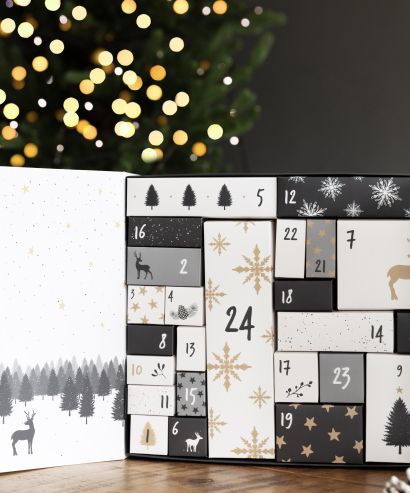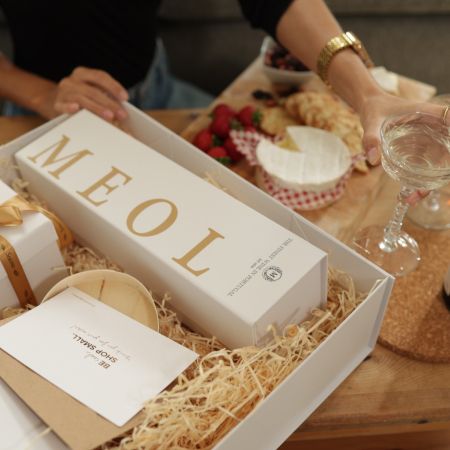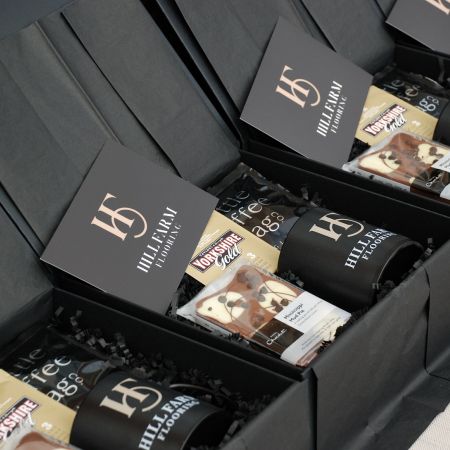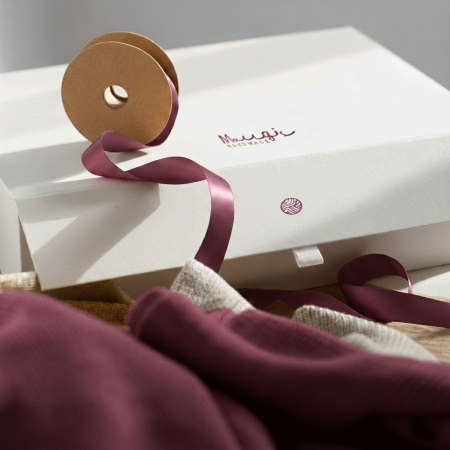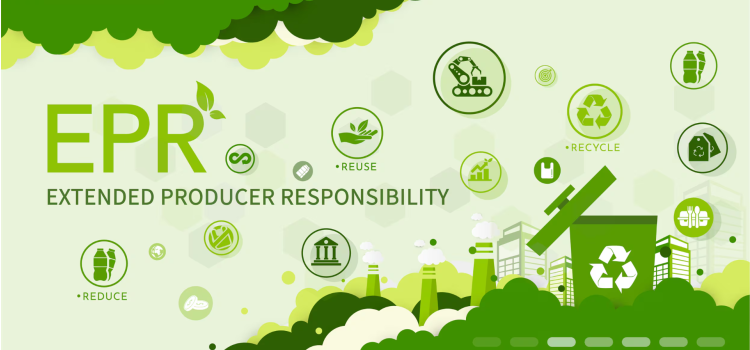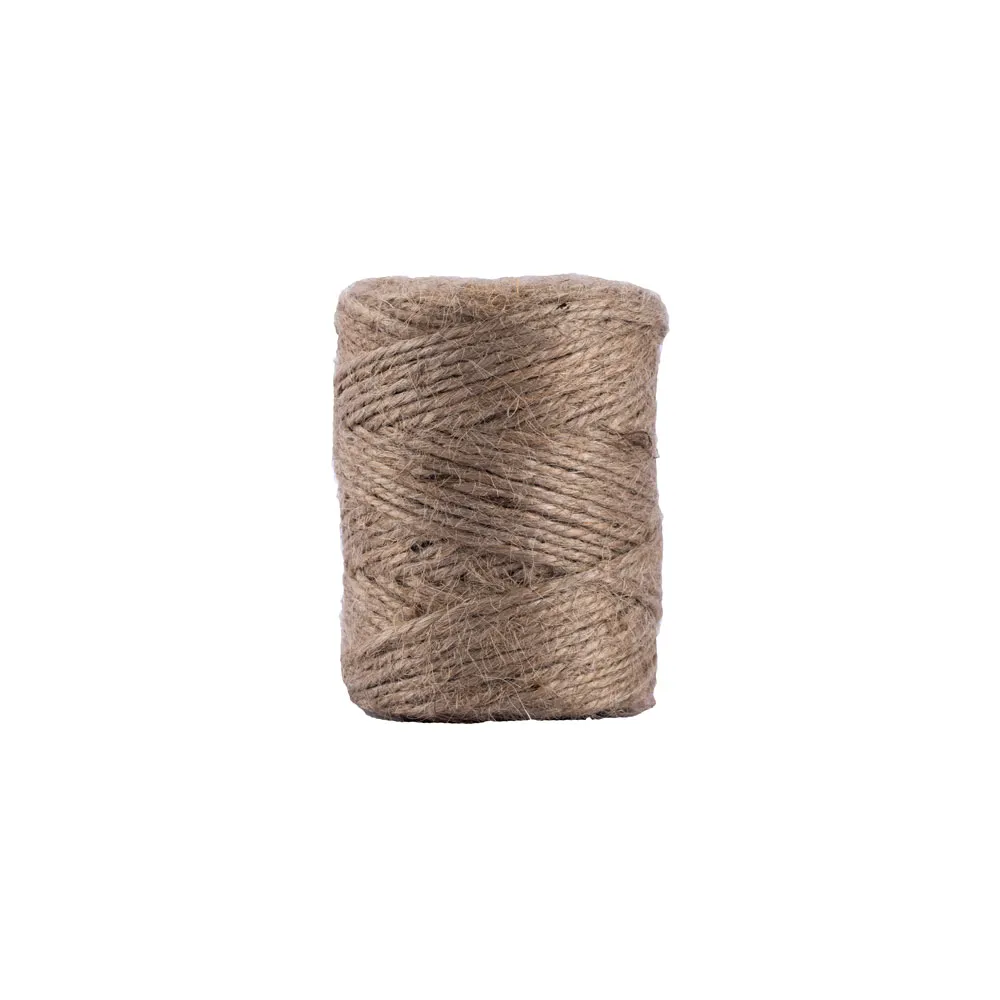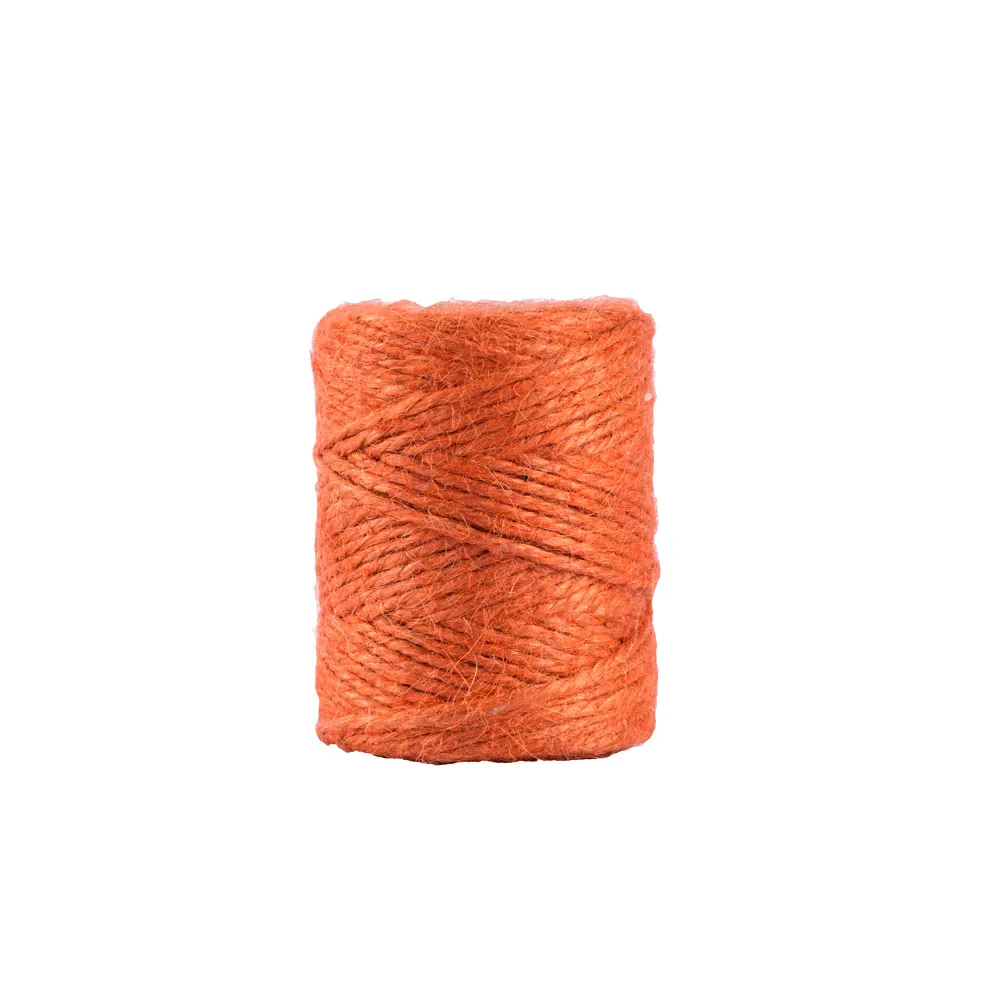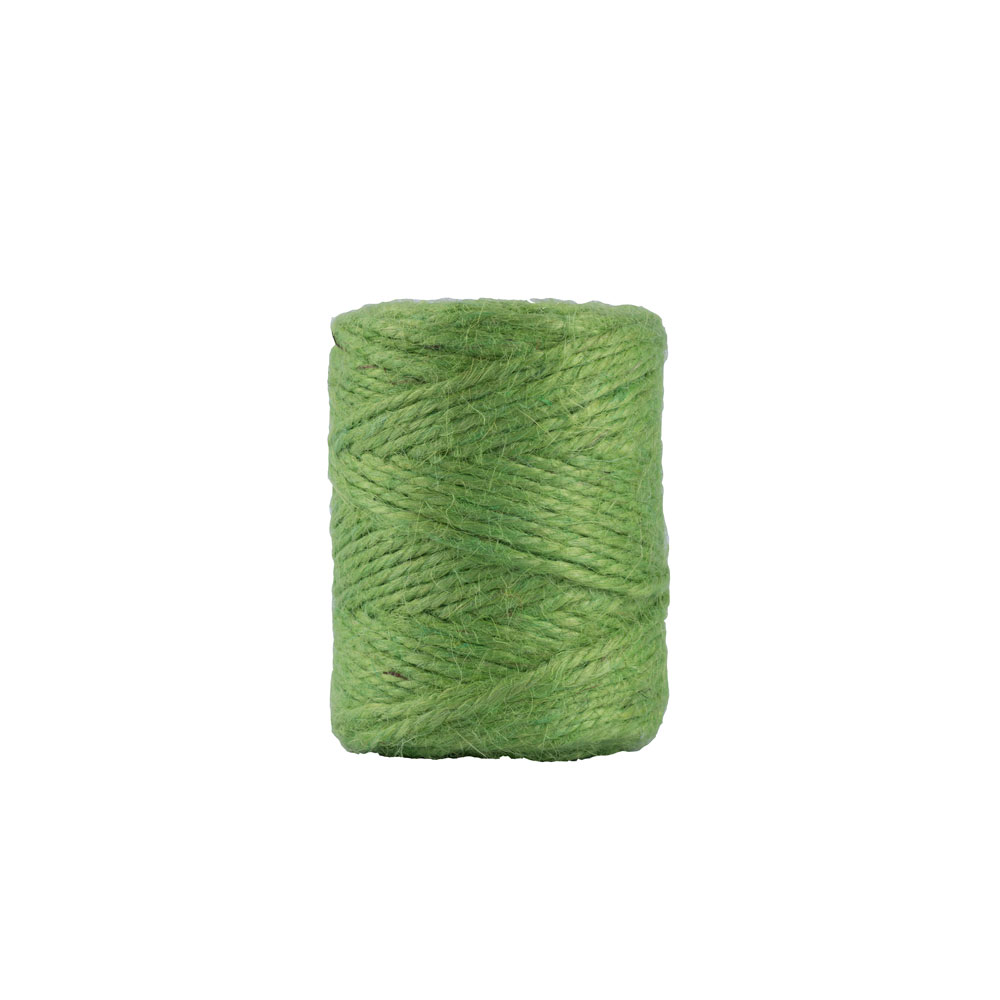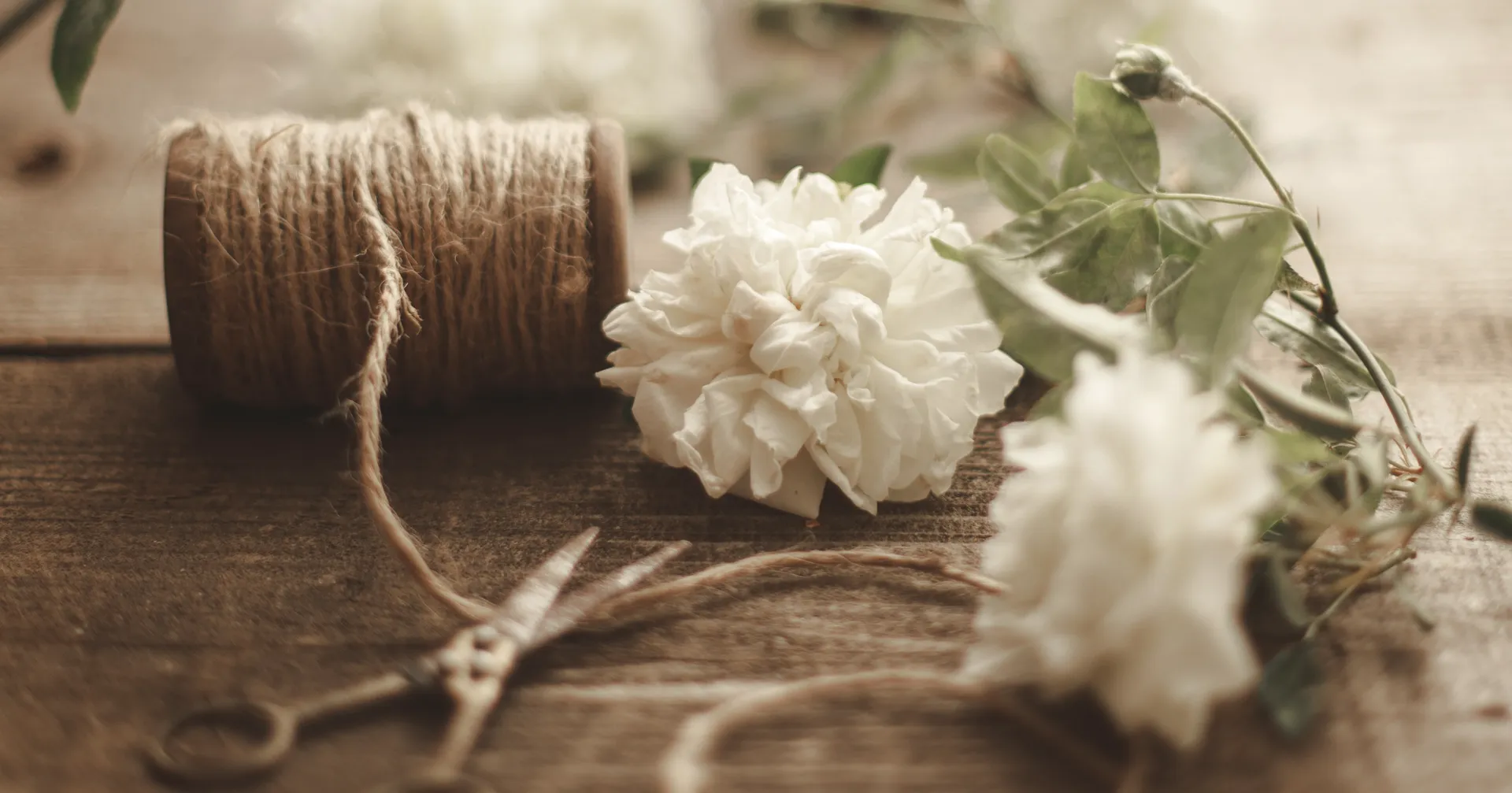
What is twine and how can it benefit my business needs?DefinitionTwine is a strong thread composed of two or more thinner strands twisted, and then twisted together. However, we like to describe twine as a rustic, recyclable, biodegradable and beautiful option for gift wrapping. What are the benefits of twine?The benefits of twine are that it can attach labels to your product, hold wrapping paper together on the shelf, or help make your postal boxes look more stylish. With many uses you can create interlacing twisting and twining fibres fit to most of your needs. We'll go on to tell you more about why we love twine in this blog, but in the world of sustainable packaging, we're always looking for a solution that is not only practical, and beautiful, but is also good for the planet. How twine could be the next big thing this Christmas.Christmas is rapidly approaching, the prepared ones are already out getting a head start on their Christmas shopping (whilst the really prepared ones have been shopping since January) and businesses have been making plans for months, planning promotional content and getting in extra stock to see them through the busiest shopping season of the year. Supporting our planet.With everyone thinking about gifting, it's more important than ever to keep the planet in mind. According to businesswaste.co.uk, Plastic waste generated by the UK each Christmas equals the weight of 3.3 million Emperor Penguins (a weird unit of measurement, but it does paint quite the mental picture) and as if that wasn't enough, The packaging for toys and gifts is discarded in approximately 100 million black bags every year, which I can only assume includes people mixing non-recyclables with recyclables because it's your turn to host the in-laws this year, the kids are running around causing havoc and you still have to spend 3 hours in the kitchen baking, basting and boiling. And what about decorations?Each year, the average household spends £185 on Christmas decorations - If we look at tinsel for example, whilst perhaps not as popular as it used to be, tinsel is made with PVC, one of those pesky oil-based plastics mentioned here. There are mixed reports about whether PVC is recyclable or not, though the overwhelming majority seems to be not, or yes but only a limited number of times, so we'll work on that assumption. This means that your strings of shimmering silver and gold, whilst a quick and easy way of adding some instant Christmas cheer to an otherwise somewhat dreary UK December, is made with materials that could do long-term damage to the planet. These certainly aren't the only contributor to the increase in waste around Christmas, even a large amount of wrapping paper, which you would generally consider to be on the more recyclable end of the scale, is often covered in non-recyclable glitter or metallic films, and when you're receiving gifts from extended family members it can be really difficult to deal with multiple different types of paper. Far be it from me to tell you how to celebrate your holidays, or neglect your little cherubs of the latest new toy or gadget, but if we don't restrict quantity how do we lower the horrendous quantity of plastic waste generated by Christmas every year?
Could twine be the answer to the correct materials?If we consider the two factors that go into environmental impact, we could think of them as "quantity" ie, the amount of post-consumer waste generated, and "quality" ie the "eco factor" of each individual piece of waste. Take the wrapping paper for example, if the quantity of wrapping paper remains the same (like wrapping two identical gifts) however one gift is wrapped with natural kraft paper, printed with plant-based inks and fastened with paper tape, whilst the other is wrapped in traditional wrapping paper with little glitter stars and is secured with plastic sellotape, then the impact of the two gifts are completely different, with the gift wrapped in natural wrapping paper having significantly less of an impact on the environment than it's alternative. It's why a lot of people these days are starting to consider non-traditional gifting methods, instead opting for more natural methods of gift wrapping around Christmas. There are a tonne of great ideas around for wrapping and decorating your Christmas gifts in a more sustainable manner, and each one starts with being intelligent about the materials you choose. You might expect me to focus on the array of wrapping paper that Tiny Box stocks at this point, but I'm actually going to pivot slightly and point you in the direction of twine - More specifically our 100% natural jute twine. Is Jute string good for the environment?Jute is one of the great examples of a classic, environmentally friendly material. It's been around for hundreds of years, it originated in India and was brought to Europe in the late 1700s, where it was used as a Flax replacement after it was discovered to be much faster growing. It was quickly adopted globally, and became indispensable for many for producing fabrics and rope until its popularity declined after the invention of certain man made materials became significantly cheaper to make. However, now that people have realised that synthetic fibres can be damaging to the environment we're starting to see a resurgence in the use of this wonder-material. Is it possible to have gifting options completely free from harsh chemicals?Twine made from jute is not only completely natural and biodegradable, but it's also one of the few recyclable plant fibres, meaning that when jute twine is no longer useful it can be recycled into a new product, before being left to degrade naturally, leaving no harmful chemicals. Jute grows quickly in comparison to other plant materials, reaching maturity on average two months before cotton fibres would. Jute plants also pull carbon dioxide from the atmosphere much more quickly than cotton would, and has the added benefit of improving soil quality where it's grown, too. Our mission on sustainable gifting and accessories.More knowledge on sustainable gifting materials is essential for us to change the throw-away mentality. Whether you're re-using, recycling or planting in your garden, it's important we continue to educate and provide each other with the tools and products to support our planet. We started as a Tiny business looking to help others and their business with sustainable solutions, and we determine to succeed! To find out more about our twisting, twined, threads of beautiful jute fibers and more features and inspiration, then weave your way to view all our twines and packaging solutions. Together, we can make a Tiny difference. Shop our range of Jute twines in a vibrant selection of colours...
|

